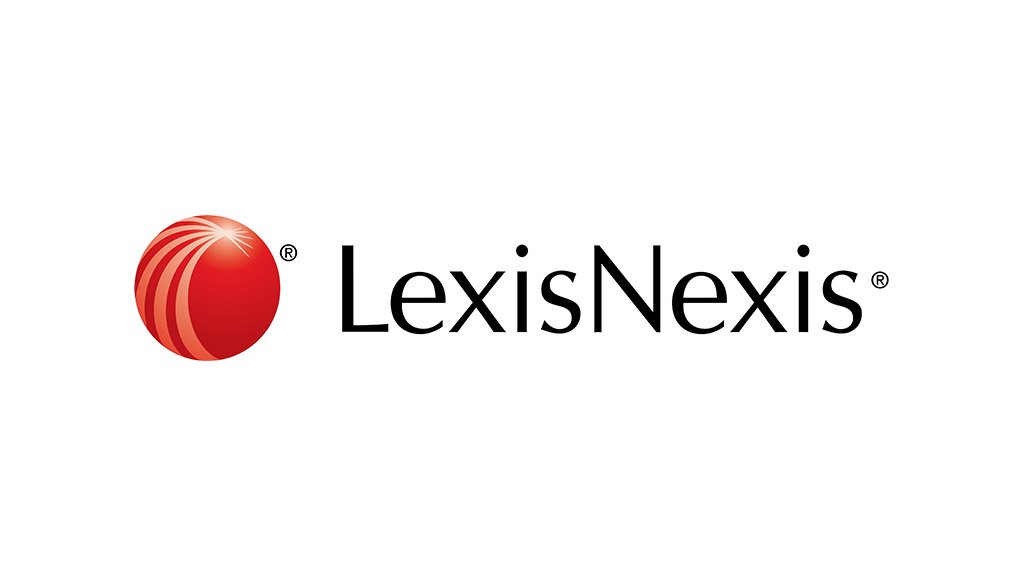Financial crimes harm South Africans in many ways but fundamentally, they contribute to the depletion of funds and resources that should be put towards the country’s development.
Activities classified as financial crimes include money laundering, tax evasion, bribery, corruption, insider trading and terrorist financing. According to the International Compliance Association (ICA), financial crimes can be divided into two types. The first are “those activities that dishonestly generate wealth for those engaged in the conduct in question”, and the second being “financial crimes that do not involve the dishonest taking of a benefit, but that protect a benefit that has already been obtained or to facilitate the taking of such benefit”. Perpetrators include organised criminals, business leaders, corrupt heads of state, corporate and state employees at all levels, suppliers and corporate customers.
In South Africa, The Financial Intelligence Centre Act 38 of 2001 (FICA) is a legal framework that exists to hold all accountable organisations responsible for ensuring that anyone they do business with is properly vetted. Accountable institutions are expected to comply by effectively and efficiently understanding their suppliers, partners, acquisition targets, contractors, resellers, grant applicants, customers and other associates. Within the framework, it is a legal requirement for these organisations to show effort in identifying and verifying new and existing clients and keep a record of their identities as well as their transactions with said organisation.
The Banking Association of South Africa (BASA) summarised the responsibilities of accountable institutes as follows:
- Identify and verify new and existing clients
- Keep records of identities of clients and transactions entered into with clients;
- The following records shall be obtained and retained in instances of concluding a single transaction, concluding transactions as part of a business relationship or establishment of a business relationship:
- If the client acts on behalf of a third party, the identity of the third party as well as a copy of the mandate between the client and the third party;
- If a third-party acts on behalf of a client, the identity of the third party as well as a copy of the mandate between the client and the third party;
- The method of identification and verification of particulars;
- The exact nature of the transaction or business relationship;
- The parties to a transaction as well as the monetary value thereof;
- The particulars of the employee or representative that obtained the information;
- The information, documentation or forms furnished by the client to verify the information.
In addition to keeping records, the summary further states that: ‘No person shall destroy any record, except if the destruction of such record was authorised by the responsible person. No person shall amend any record kept in terms of the Act.’ The organisations are also required to report certain large or suspicious transactions to the Financial Intelligence Centre as well as formulate and implement internal rules consistent with FICA obligations, offer compulsory FIC Act training to employees and appoint a responsible person as a compliance officer to monitor compliance.
For assistance with such comprehensive compliance requirements, investigations into watchlists, PEP lists, negative news, company reports and personal profiles, LexisNexis Data Services offers a solution in the form of Nexis®Diligence.
The online solution is a vital tool used by responsible organisations in their third-party vetting efforts as it provides access to over 40 years of archived comprehensive adverse news, sanctions and extensive warning lists, PEPs, director and shareholder listings, biographical references and directories, and comprehensive legal source material.
The solution has the ability to monitor and assess potential security threats abroad by checking comprehensive country information and on the ground media reports. In addition, Nexis®Diligence helps users save time and money by performing enhanced due diligence checks on individuals, clients, partners and suppliers in-house, rather than working with expensive consultants. Furthermore, the solution arranges the necessary information in the form of reports and greatly assists with the interpretation of the results against the law.
For more information, visit https://www.lexisnexis.co.za/lexisdiligence
EMAIL THIS ARTICLE SAVE THIS ARTICLE ARTICLE ENQUIRY
To subscribe email subscriptions@creamermedia.co.za or click here
To advertise email advertising@creamermedia.co.za or click here











